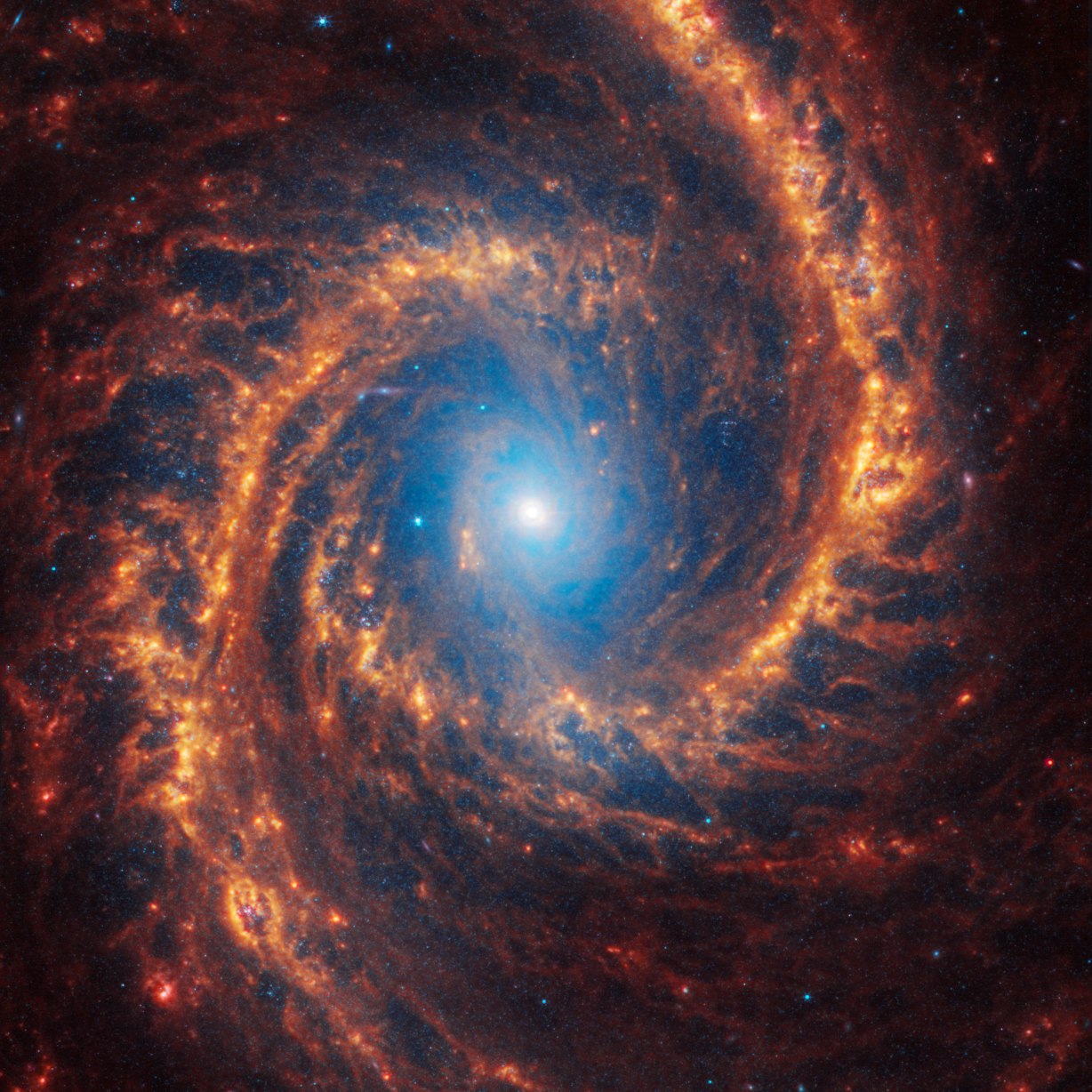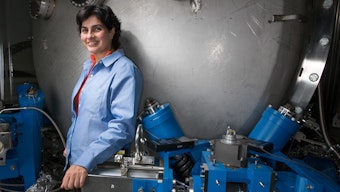
The James Webb Space Telescope (JWST) is the most ambitious project in the history of astronomical investigations. Within the short period of time since it became operational, JWST has been revolutionizing our understanding of the earliest stages of cosmic evolution and the atmospheres of extrasolar planets while producing stunning images that have captured the public's imagination. In this Next in Science program, we will focus on these exciting early results in understanding the universe and the importance of JWST in engaging the public with astronomy.
The Next in Science series provides an opportunity for early-career scientists whose creative, cross-disciplinary, and cutting-edge research is thematically linked to introduce their work to non-specialists, fellow scientists, and one another.
Harvard Radcliffe Institute gratefully acknowledges the Melanie Mason Niemiec ’71 Current-Use Fund for Science, which is supporting this event.
Speakers
Sierra Grant, postdoctoral researcher, Max Planck Institute for Extraterrestrial Physics (Germany)
Lisa Grossman, astronomy writer, Science News
Caroline Morley, assistant professor, Department of Astronomy, University of Texas
Erica Nelson, assistant professor, Department of Astrophysical and Planetary Sciences, University of Colorado Boulder
Moderator
Edo Berger, codirector of the science program, Harvard Radcliffe Institute; and professor of astronomy, Harvard Faculty of Arts and Sciences
Event Videos

Part 1 features an introduction by Edo Berger and presentations from Sierra Grant and Caroline Morley.

Part 2 features presentations by Lisa Grossman and Erica Nelson and a Q&A with all our speakers.


